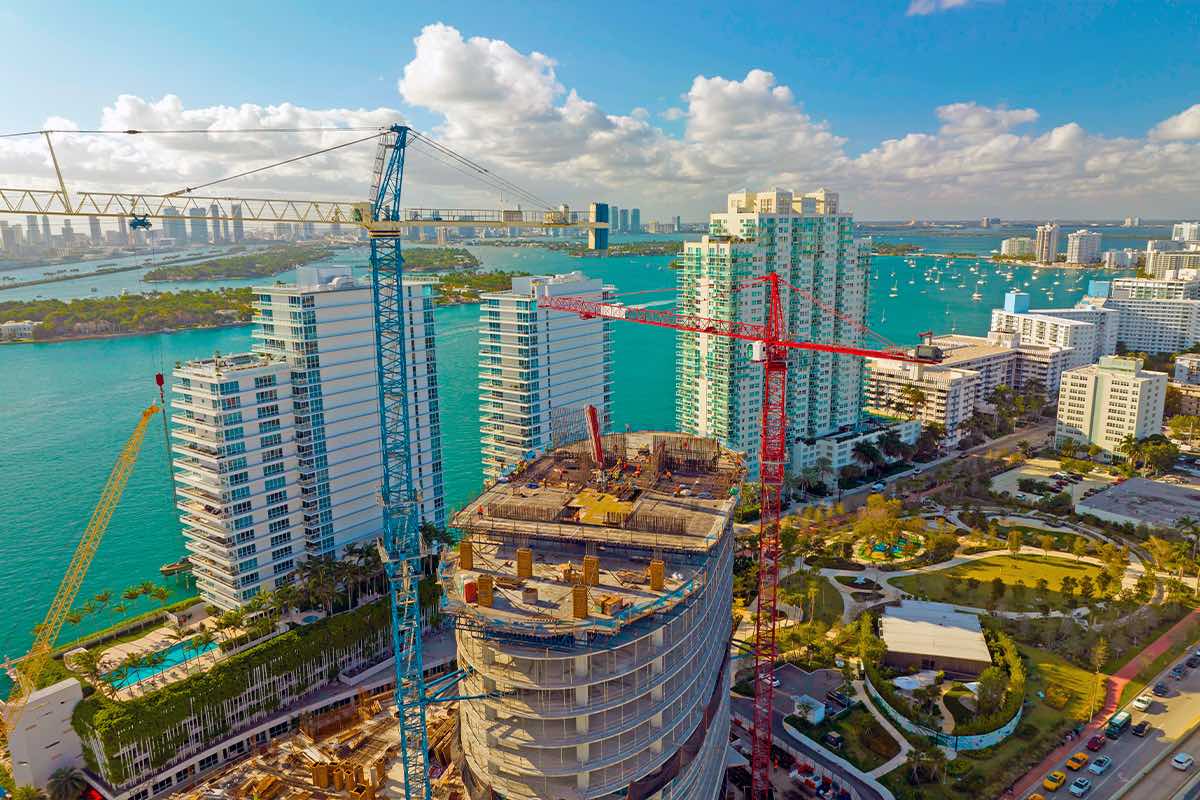Retail real estate plays a pivotal role in Florida’s economy, serving as a backbone for commerce and community interaction. The state’s unique demographic and economic factors make it a dynamic market for Retail Real Estate Development. This article delves into the current trends, challenges, and technological advancements shaping retail real estate in Florida, providing a comprehensive overview for developers, investors, and stakeholders.
Current Trends in Retail Florida commercial real estate
Mixed-Use Developments
Developers are increasingly incorporating residential, commercial, and office spaces into single projects. These mixed-use developments cater to the growing demand for convenience and walkability, especially in urban areas.
Experiential Retail Spaces
To attract consumers, retail spaces are focusing on providing unique experiences. This trend includes integrating entertainment, dining, and lifestyle options within shopping centers to enhance customer engagement and retention.
Sustainable Development Practices
Sustainability is becoming a priority in retail real estate development. Developers are adopting eco-friendly building materials, energy-efficient systems, and green building certifications to meet the increasing demand for environmentally responsible projects.
Demand for Retail Space in Florida
Population Growth and Urbanization
Florida’s population continues to grow, particularly in urban areas, increasing the need for retail spaces that cater to diverse consumer needs. This growth drives the development of new shopping centers and retail complexes.
Impact of Tourism on Retail Demand
Tourism significantly impacts retail demand in Florida. Cities like Miami, Orlando, and Tampa attract millions of tourists annually, creating a robust market for retail establishments that cater to visitors’ shopping and leisure activities.
Flexibility in Retail Spaces
Developers are designing retail spaces that can adapt to different types of tenants, including pop-up stores and short-term leases. This flexibility helps maintain high occupancy rates and attracts a variety of retailers.
Challenges in the Florida Retail Real Estate Market
High Land Costs
The cost of land in desirable locations can be prohibitively high, impacting the feasibility of new retail projects.
Regulatory and Environmental Hurdles
Environmental regulations, particularly in coastal areas, can complicate the development process. Navigating these regulations requires significant time and resources.
Competitive Market Dynamics
The competitive nature of Florida’s real estate market means developers must stay ahead of trends and consumer preferences to ensure their projects’ success.
Financing and Economic Uncertainty
Securing financing for large-scale developments can be challenging, especially during economic downturns. Developers must have robust financial strategies to mitigate these risks.
Impact of Tourism on Retail Real Estate
Key Tourist Cities and Their Retail Demands
Cities like Orlando, Miami, and Tampa are hotspots for tourists, leading to high demand for retail spaces near major attractions and airports.
Design and Location of Retail Spaces for Tourists
Retail spaces in tourist-heavy areas are designed to be visually appealing and easily accessible. They often feature a mix of high-end brands and unique local stores to attract a broad range of shoppers.
Strategies to Capture Tourist Spending
Retailers employ various strategies to capture tourist spending, such as offering exclusive products, integrating digital marketing, and providing exceptional customer service.
Sustainability in Retail Real Estate Development
Green Building Practices and Certifications
Many new developments are pursuing green building certifications such as LEED. These certifications demonstrate a commitment to sustainability and can attract eco-conscious tenants.
Renewable Energy and Water-Saving Technologies
Developers are incorporating renewable energy sources, such as solar panels, and water-saving technologies to reduce the environmental impact of their projects.
Attracting Eco-Conscious Tenants and Customers
Sustainable practices not only benefit the environment but also attract tenants and customers who prioritize eco-friendliness. This can lead to higher occupancy rates and customer loyalty.
By focusing on these trends, challenges, and technological advancements, developers can create successful and sustainable retail real estate projects in Florida that meet the needs of both residents and tourists.
For more insights on Retail Real Estate Development and Florida commercial real estate trends and strategies, explore our comprehensive resources.




